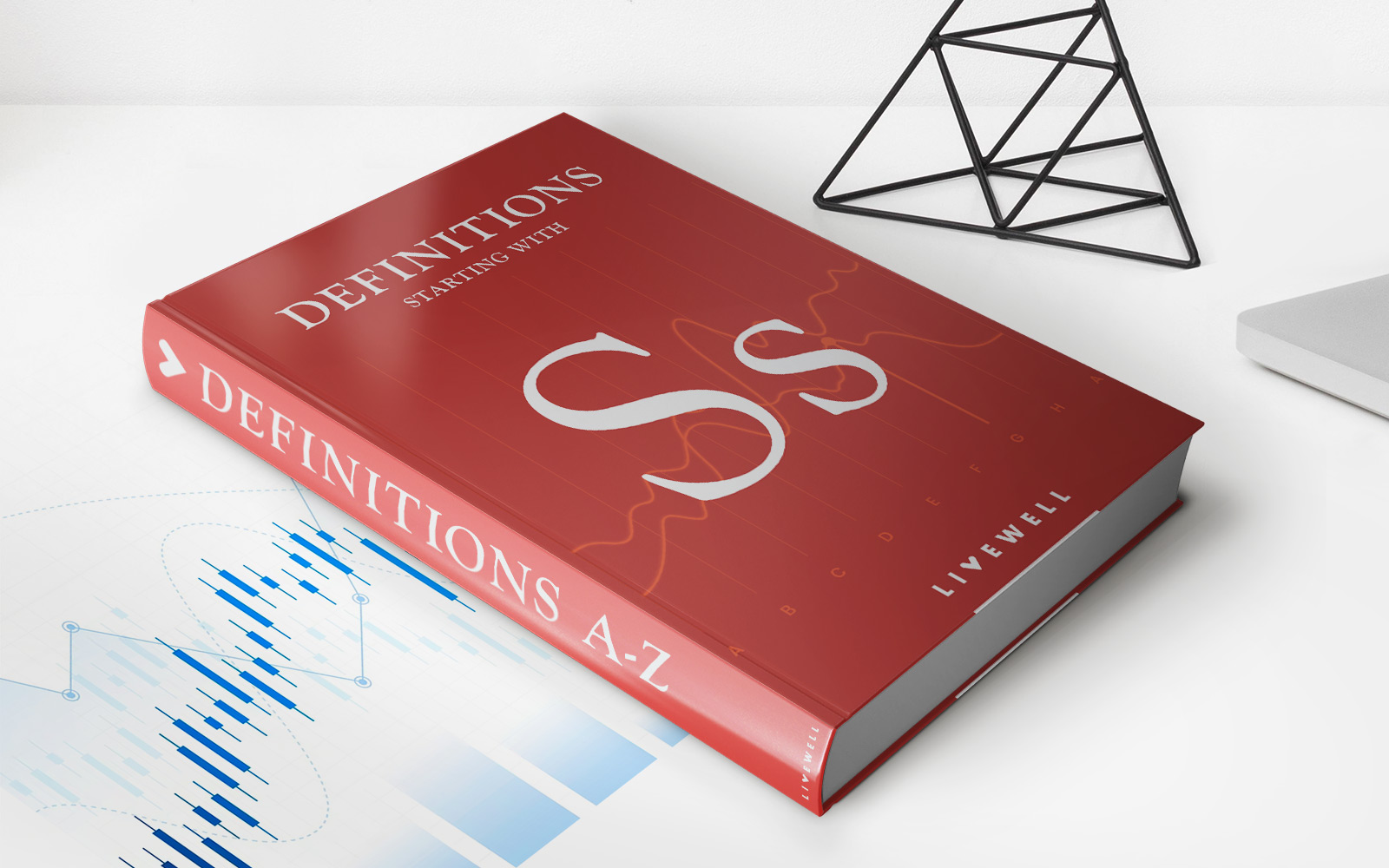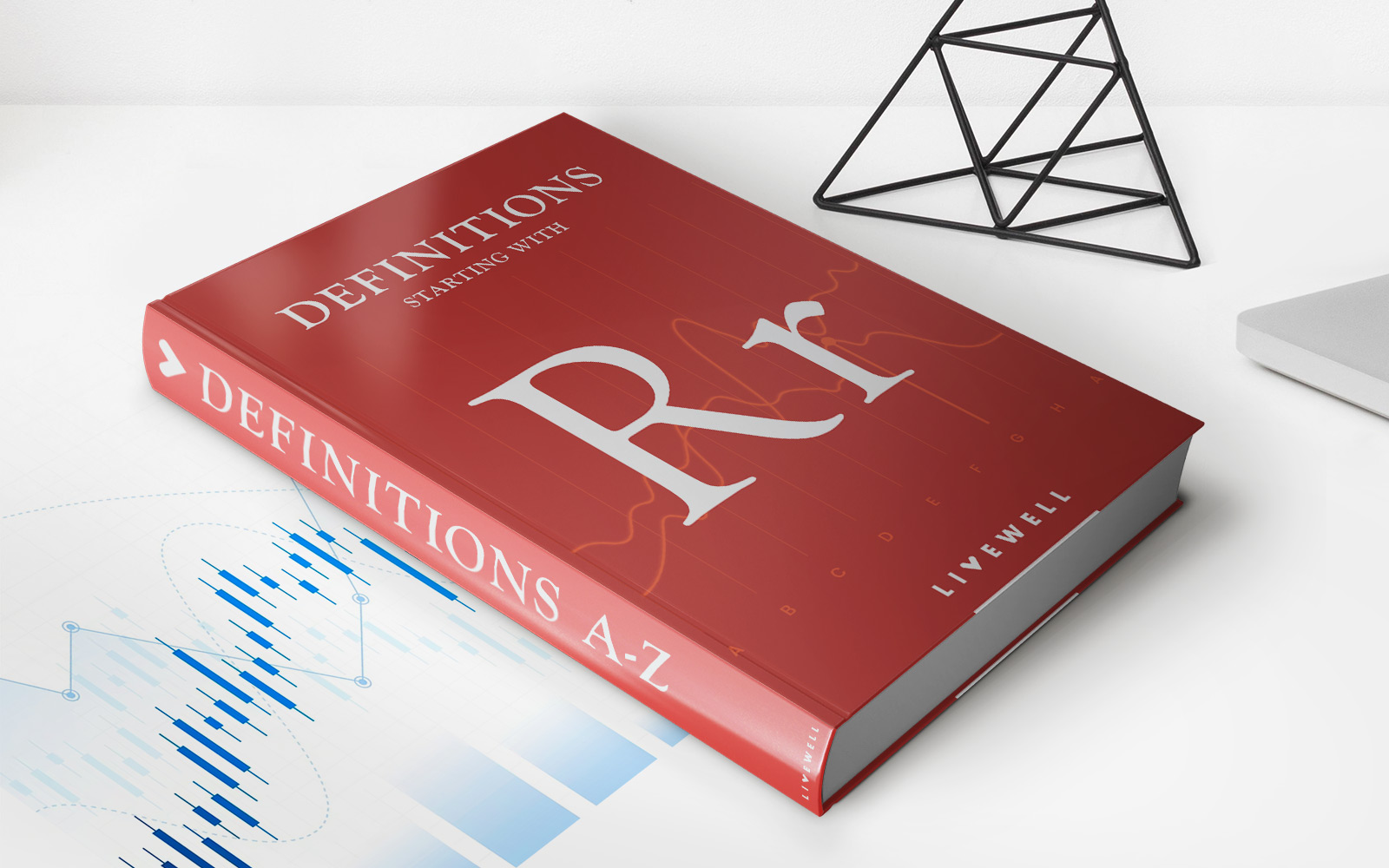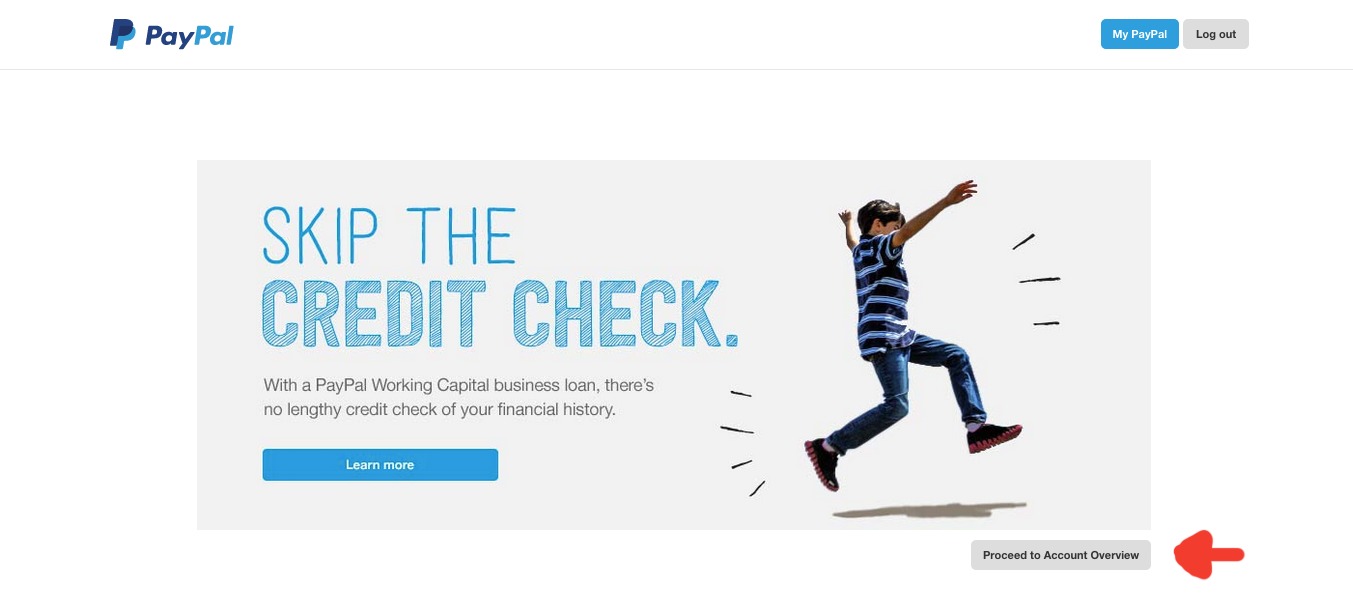

Finance
What Happens To A Home Equity Loan After Death
Published: January 15, 2024
Discover what happens to a home equity loan after death and gain insights into how finances are managed in such circumstances. Explore the financial implications and options related to home equity loans postmortem.
(Many of the links in this article redirect to a specific reviewed product. Your purchase of these products through affiliate links helps to generate commission for LiveWell, at no extra cost. Learn more)
Table of Contents
- Introduction
- Understanding Home Equity Loans
- What Happens to a Home Equity Loan in the Event of Death
- Options for Dealing with a Home Equity Loan After Death
- Paying Off the Home Equity Loan
- Transferring the Home Equity Loan to a Co-Borrower or Heir
- Selling the Property to Repay the Home Equity Loan
- Foreclosure of the Property and Home Equity Loan
- Conclusion
Introduction
A home equity loan can be a valuable financial tool for homeowners looking to access the equity they have built up in their property. By using a home equity loan, individuals can borrow against the value of their home to fund various expenses such as home renovations, consolidating debt, or covering unexpected medical bills. However, like any other loan, what happens to a home equity loan after death is an important consideration for both borrowers and their loved ones.
When a homeowner passes away, their estate goes through a legal process known as probate. During probate, the deceased person’s assets and debts are identified and distributed according to their will or the applicable laws of succession. This process typically involves settling any outstanding debts, including mortgage and home equity loans.
In this article, we will explore what happens to a home equity loan in the event of death and the various options available for dealing with it. Whether you are a borrower or a loved one of a deceased homeowner, understanding the implications and potential actions regarding a home equity loan can help you make informed decisions during a difficult time.
Understanding Home Equity Loans
Before diving into what happens to a home equity loan after death, it’s essential to have a clear understanding of what a home equity loan is and how it works.
A home equity loan, also known as a second mortgage, is a type of loan that allows homeowners to borrow money against the equity they have built up in their property. Equity is the difference between the current value of the home and the outstanding balance on the mortgage.
Home equity loans typically offer fixed interest rates and are disbursed as a lump sum, which is then repaid over a set term through monthly installments. The terms of the loan, including the interest rate and repayment period, are determined by the borrower’s creditworthiness, the loan amount, and the lender’s policies.
The amount that can be borrowed through a home equity loan is determined by the loan-to-value (LTV) ratio, which is a percentage of the appraised value of the home minus the outstanding mortgage balance. Most lenders set a maximum LTV ratio, often around 80-85%, to ensure that there is sufficient equity remaining in the property.
Home equity loans are secured by the property itself, which means that if the borrower defaults on the loan, the lender has the right to foreclose on the home and sell it to recover their investment. This security allows lenders to offer home equity loans at relatively low interest rates compared to other forms of unsecured debt.
It’s important to note that a home equity loan is separate from the primary mortgage on the property. The primary mortgage is the first lien on the home, while a home equity loan is a subordinate lien. This means that in the event of foreclosure, the primary mortgage must be paid off before the home equity loan.
Now that we have a basic understanding of home equity loans, let’s explore what happens to them in the event of the borrower’s death and the options available for dealing with the loan.
What Happens to a Home Equity Loan in the Event of Death
When a homeowner with a home equity loan passes away, the loan does not automatically disappear. The outstanding balance on the loan becomes part of their estate, which is then handled through the probate process. Depending on the circumstances and the provisions in place, there are several possible outcomes for the home equity loan after death.
If the home equity loan has a co-borrower or co-signer, such as a spouse or a family member, they will become responsible for repaying the loan. In this case, the co-borrower or co-signer will need to continue making regular loan payments to prevent default and potential foreclosure.
If the home equity loan does not have a co-borrower or co-signer, the loan will be handled differently depending on various factors:
- If there is a surviving spouse who wants to keep the home, they may have the option to assume the loan and continue making payments. This usually requires the surviving spouse to meet certain eligibility criteria and demonstrate their ability to repay the loan.
- If the property is going to be sold, either by the estate or by the heirs, the proceeds from the sale can be used to repay the outstanding balance on the home equity loan. Any remaining funds after settling the loan and other debts would then be distributed to the heirs according to probate laws or the deceased’s will.
- If the property has significantly declined in value and the outstanding balance on the home equity loan exceeds the market value of the home, the lender may choose to write off the loan as a loss.
- In some cases, the lender may pursue foreclosure to recover the outstanding balance on the home equity loan if there are no viable options for repayment.
It’s important to note that the specific procedures and options may vary depending on state laws, lender policies, and the provisions outlined in the loan agreement. Consulting with a legal professional or estate planner can provide valuable guidance in navigating the complexities of handling a home equity loan after death.
Now that we understand what can happen to a home equity loan in the event of death, let’s explore the options available for dealing with the loan.
Options for Dealing with a Home Equity Loan After Death
When faced with a home equity loan after the death of the borrower, there are several potential options for handling the loan. The best course of action will depend on factors such as the presence of a co-borrower or co-signer, the intentions of the heirs, and the financial circumstances of the estate. Here are three common options:
- Paying Off the Home Equity Loan: If the estate has sufficient funds, one option is to pay off the home equity loan in full. This can be done through the sale of other assets, using life insurance proceeds, or using funds from the deceased’s savings or investments. By paying off the loan, the property remains intact, and the ownership can be transferred to the heirs free from the encumbrance of the loan.
- Transferring the Home Equity Loan to a Co-Borrower or Heir: If there is a co-borrower or co-signer on the home equity loan, they may have the option to assume the loan and continue making payments. This typically requires meeting the lender’s eligibility criteria and demonstrating financial capability. Alternatively, if an heir wishes to inherit the property and assume the loan, they may need to go through a process called loan assumption, which involves qualifying for the loan based on their creditworthiness and ability to repay.
- Selling the Property to Repay the Home Equity Loan: If the property is to be sold, the proceeds from the sale can be used to repay the outstanding balance on the home equity loan. This option allows the estate to settle the debt while distributing the remaining funds to the heirs or beneficiaries. It’s important to note that selling the property may have implications for capital gains taxes and other financial considerations, so seeking guidance from a tax professional or real estate agent is advisable.
Whichever option is chosen, it’s crucial to communicate and work closely with the lender to ensure that all necessary procedures are followed and that the loan is handled appropriately. The lender should be notified promptly of the borrower’s passing, and any discussions regarding the loan should be documented in writing to avoid any misunderstandings or legal disputes.
It’s worth noting that state laws, lender policies, and the specific terms of the loan may affect the available options. Therefore, consulting with a legal professional or estate planner is highly recommended to navigate and understand the best course of action for dealing with a home equity loan after death.
In the next section, we will explore the process of paying off a home equity loan in more detail.
Paying Off the Home Equity Loan
One of the options for dealing with a home equity loan after the death of the borrower is to pay off the loan in full. This option allows the property to be transferred to the heirs free from the encumbrance of the loan. However, it is essential to ensure that the estate has sufficient funds to cover the outstanding balance of the loan.
In order to pay off the home equity loan, the executor or administrator of the deceased’s estate will need to gather all relevant information about the loan, including the outstanding balance and any necessary account details. Contacting the lender as soon as possible to inform them about the borrower’s death is crucial for a smooth transaction and to obtain the necessary instructions on how to proceed.
There are several ways to pay off a home equity loan after death:
- Using estate funds: If the estate has sufficient funds, the executor can use the available assets, such as cash or other liquid assets, to pay off the loan. This might involve selling other assets or using the deceased’s savings or investments to settle the debt.
- Life insurance proceeds: If the deceased had a life insurance policy, the death benefit can be used to pay off the home equity loan. This can provide a source of funds specifically designated for the purpose of settling outstanding debts.
- Sale of the property: If the property is going to be sold, the proceeds from the sale can be allocated towards repaying the home equity loan. After settling the loan, any remaining funds can be distributed to the heirs or beneficiaries according to the probate laws or the deceased’s will.
It is vital to communicate with the lender throughout the process to ensure that the necessary steps are taken to pay off the loan correctly. Once the loan is paid in full, the title to the property can be transferred to the appropriate parties, ensuring a clear and unencumbered ownership transfer.
It’s worth noting that paying off a home equity loan can have financial implications, such as potential early repayment penalties or other fees. It is essential to review the loan agreement and consult with a financial advisor or estate planner to understand the specific terms and any potential financial consequences.
In the next section, we will explore the option of transferring the home equity loan to a co-borrower or heir.
Transferring the Home Equity Loan to a Co-Borrower or Heir
When dealing with a home equity loan after the death of the borrower, one option is to transfer the loan to a co-borrower or heir. This option allows the loan to remain in place, with the responsibility for repayment passing on to another individual.
If there is a co-borrower or co-signer on the home equity loan, such as a spouse or family member, they may have the option to assume the loan. Assuming the loan means that they take over the loan as the primary borrower and become responsible for making regular loan payments. This option is only available if the lender permits loan assumption and the co-borrower or co-signer meets the lender’s eligibility criteria. In most cases, the borrower assuming the loan will need to demonstrate their financial capability to repay the loan, including a satisfactory credit history and sufficient income.
Alternatively, if an heir wishes to inherit the property and assume the home equity loan, they may need to go through a process called loan assumption. The process of loan assumption involves qualifying for the loan based on the heir’s creditworthiness and financial capability. The lender will assess the heir’s ability to repay the loan and may require additional documentation or financial information.
It’s important to note that not all lenders allow loan assumption, and the specific terms and conditions may vary. It is crucial to contact the lender as soon as possible to discuss the available options and determine if loan assumption is a viable solution. During the process, the lender may require documentation, such as death certificates, proof of relationship, and financial information from the assumed borrower or heir.
If the loan assumption is approved, the co-borrower or assumed borrower will take over the responsibility for the loan and must continue making regular payments. This ensures that the loan remains in good standing and prevents default or foreclosure.
Transferring the home equity loan to a co-borrower or heir can provide a way to keep the property within the family and continue with the loan agreement. It allows for the seamless continuation of loan payments without the need to pay off the loan in full or refinance.
It is advisable to consult with a legal professional or estate planner to fully understand the legal and financial implications of transferring a home equity loan and to navigate the process smoothly.
In the next section, we will explore the option of selling the property to repay the home equity loan.
Selling the Property to Repay the Home Equity Loan
When faced with a home equity loan after the death of the borrower, selling the property can be a viable option for repaying the outstanding balance on the loan. This option allows the estate to settle the debt while utilizing the proceeds from the sale to satisfy the loan obligation.
If the decision is made to sell the property, the following steps should be taken:
- Evaluate the market value: Before listing the property for sale, it is essential to assess its current market value. Engaging a professional appraiser or real estate agent can provide an accurate estimation and help determine the potential proceeds from the sale.
- Contact the lender: Inform the lender of the intention to sell the property and inquire about any specific procedures or requirements. The lender will provide the necessary information regarding the outstanding loan balance and any other relevant details.
- List the property for sale: Engage a qualified real estate agent to list the property on the market. They will handle the marketing, property showings, negotiations, and finalizing the sale.
- Use the proceeds to settle the loan: Once the property is sold, the proceeds from the sale are used to repay the outstanding balance on the home equity loan. It is crucial to communicate with the lender throughout the process to ensure a smooth transaction and accurate payoff of the loan.
- Distribute the remaining funds: After settling the home equity loan, any remaining funds from the sale can be distributed to the heirs or beneficiaries according to the probate laws or the deceased’s will. The distribution will be managed by the estate executor or administrator.
It’s important to note that selling the property may involve additional costs, such as real estate agent fees, closing costs, and potential capital gains taxes. These expenses should be considered when assessing the financial implications of selling the property to repay the home equity loan.
Prior to proceeding with the sale, it may be beneficial to consult with a tax professional or financial advisor to understand the potential tax consequences and evaluate the overall financial impact of selling the property.
Selling the property to repay the home equity loan provides a way to settle the debt while utilizing the proceeds from the sale. It ensures that the loan is satisfied, and any remaining funds can be distributed to the appropriate parties.
In the next section, we will explore the possibility of foreclosure of the property and home equity loan.
Foreclosure of the Property and Home Equity Loan
In certain circumstances, when dealing with a home equity loan after the death of the borrower, foreclosure of the property may be a possible outcome. Foreclosure occurs when the lender takes legal action to reclaim the property and sell it to recoup the outstanding balance on the home equity loan.
If there is no co-borrower, co-signer, or option to assume the loan, and the outstanding balance on the home equity loan cannot be paid off through other means, the lender may initiate foreclosure proceedings. Foreclosure typically follows a specific legal process, which may vary depending on the state’s laws and the terms and conditions of the loan agreement.
The foreclosure process typically involves the following steps:
- Default on the loan: When the borrower passes away, the loan may go into default if the required payments are not made. The lender will provide a notice of default, indicating that the loan is in arrears.
- Notice of foreclosure: After the default, the lender will issue a notice of foreclosure, informing the borrower’s estate and any other parties involved about the pending foreclosure action.
- Foreclosure sale: Following the notice, the property is typically scheduled for a foreclosure sale or auction. The property is sold to the highest bidder in order to recover the outstanding balance of the home equity loan.
- Transfer of ownership: If the property is successfully sold at the foreclosure auction, the ownership transfers to the new buyer, and the proceeds are used to satisfy the outstanding loan balance.
- Deficiency judgment: In some cases, if the proceeds from the foreclosure sale are insufficient to cover the full outstanding balance, the lender may pursue a deficiency judgment. This is a legal action taken to collect the remaining debt from the borrower’s estate or other responsible parties.
It’s worth noting that foreclosure should be considered a last resort by both borrowers and lenders. It can have significant implications on the borrower’s credit history and financial standing, as well as potential legal consequences.
If foreclosure is a possibility, it is crucial to consult with a legal professional or housing counselor who can provide guidance on navigating the foreclosure process and exploring alternative options. These options may include negotiating a repayment plan, loan modification, or short sale, among others.
It is important to keep lines of communication open with the lender and explore all possible avenues to avoid foreclosure and reach a mutually beneficial resolution.
In the following section, we will conclude the article and summarize the key points discussed.
Conclusion
Dealing with a home equity loan after the death of the borrower can be a challenging and complex process. Understanding the options available can help borrowers, co-borrowers, and heirs make informed decisions during this difficult time.
When a homeowner passes away, the home equity loan becomes part of their estate, and the outstanding balance must be addressed. Options for handling the loan include paying off the loan, transferring it to a co-borrower or heir, selling the property to repay the loan, or, as a last resort, foreclosure.
Paying off the home equity loan requires funds from the estate, either through available assets, life insurance proceeds, or the sale of other assets. Transferring the loan to a co-borrower or heir involves assuming the loan or going through a loan assumption process, subject to the lender’s approval. Selling the property provides an opportunity to repay the loan using the proceeds from the sale.
Foreclosure should be considered a last resort, as it has significant consequences for the borrower’s credit and financial standing. It is crucial to explore all other options and seek professional guidance when facing the potential for foreclosure.
Throughout the process, open and clear communication with the lender is crucial to ensure that all necessary steps are taken and that the loan is handled appropriately. Consulting with legal professionals, estate planners, and financial advisors can provide valuable guidance and support.
In summary, when dealing with a home equity loan after death, it is important to understand the available options, assess the financial circumstances, and communicate effectively with the lender and other involved parties. By doing so, borrowers, co-borrowers, and heirs can navigate this challenging situation and make informed decisions that best suit their needs and circumstances.
Remember, everyone’s situation is unique, and seeking professional advice is highly recommended to ensure the best possible outcome when dealing with a home equity loan after the death of the borrower.














